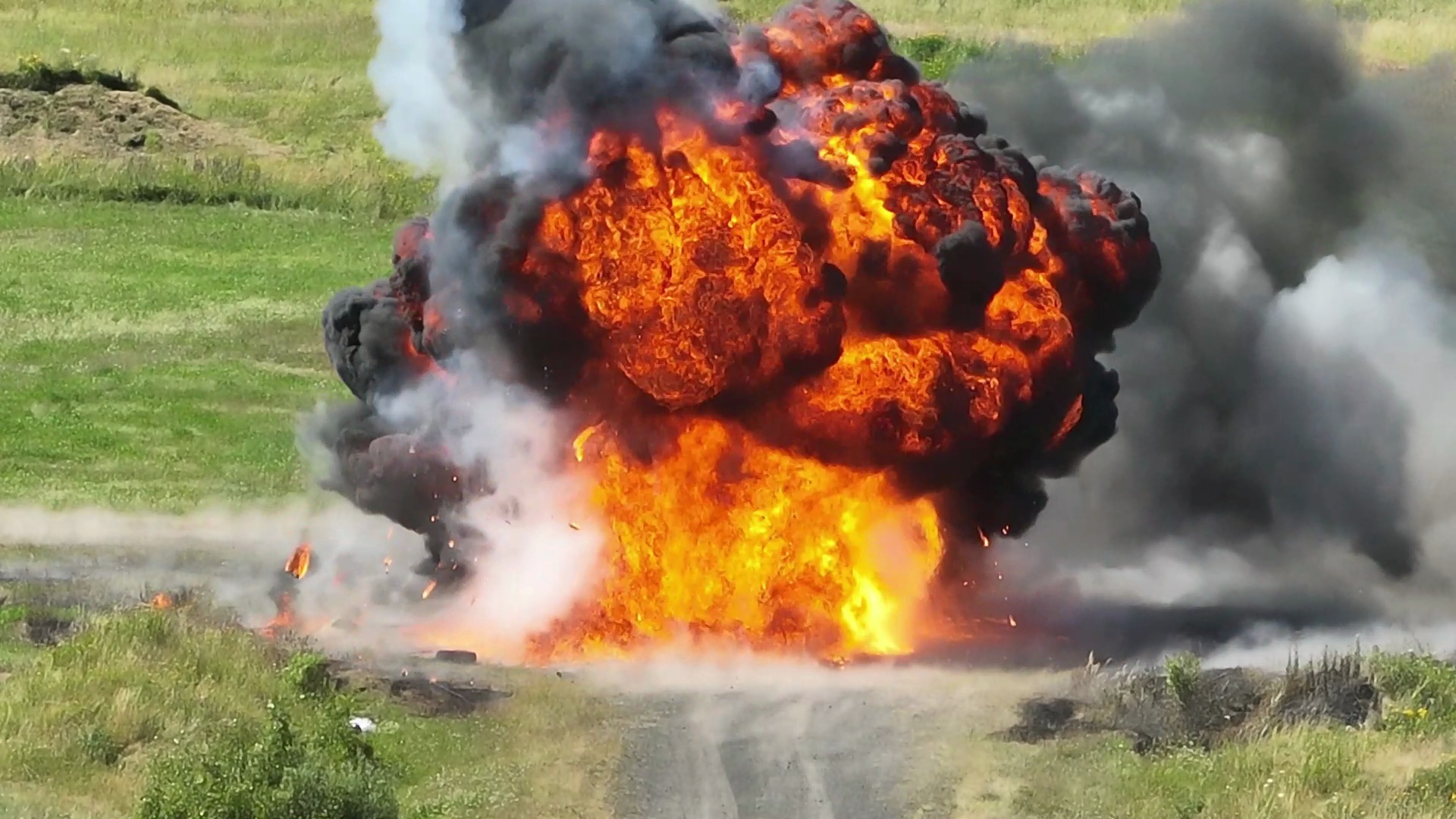
FBI experts test hydrogen tanks in emergency scenarios
Experts from the Faculty of Safety Engineering (FBI) at VŠB-TUO will perform a series of experimental tests at the Doupov military shooting range. These tests, involving collaboration with the University of Defence in Brno and commercial partners, are part of the REFRESH project. The objective is to simulate various emergencies involving the destruction of hydrogen storage tanks and evaluate their safety risks. The initial phase of these experiments is scheduled from April 28 to April 30.
Vojtěch Jankůj from the FBI explained, “The experiments are related to our work on the REFRESH project, where we conduct fire tests on burning objects exposed to local fires. In these tests, we will examine thermal degradation, mechanical deformation of the tank casing, and the impact of explosive weapons on the cylinder design.”
The companies collaborating with the researchers within the Czech Association of Technical Gases (ČATP) are also participating in the experiment. Vítkovice Cylinders supplied six large-volume hydrogen cylinders, each with a water capacity of 245 liters and a working pressure of 200 bar. Subsequently, Linde arranged for these cylinders to be filled with hydrogen and transported to the shooting range. The FBI team, working in partnership with the Technical Institute of Fire Protection and the fire brigade, will oversee the preparation and execution of the experimental tests.
Experts will perform thermal load testing, mechanical breach testing via blasting, and tests involving military explosive devices. Throughout all experiments, they will monitor the internal pressure of the cylinders, temperature changes on the cylinder jackets during hydrogen release, and parameters of the fireball, created when a hydrogen cylinder ruptures under fire conditions, and fire jets, which occur when the cylinder is punctured, releasing hydrogen under pressure that ignites. All procedures will be documented using high-speed cameras, standard cameras, and drones equipped with thermal imaging technology.
“We will generate original outputs that we will use for subsequent detailed analysis. This data will be instrumental in establishing safety protocols for the storage and handling of hydrogen cylinders. Additionally, parameterizing fireball formation and fragment dispersion will enhance our understanding of the explosive and thermal hazards associated with hydrogen,” added team member Aleš Dudáček from the FBI.
Further testing is scheduled in Doupov in June and October. In July and August, the FBI laboratory will perform small-scale fire experiments focusing on flame propagation within the cavity. During the summer, researchers will also investigate the behavior of selected electric scooter batteries. Plans for the autumn include indoor combustion testing of wooden materials and the development of predictive fire safety models, which will be conducted at the test facility in Vítkovice.